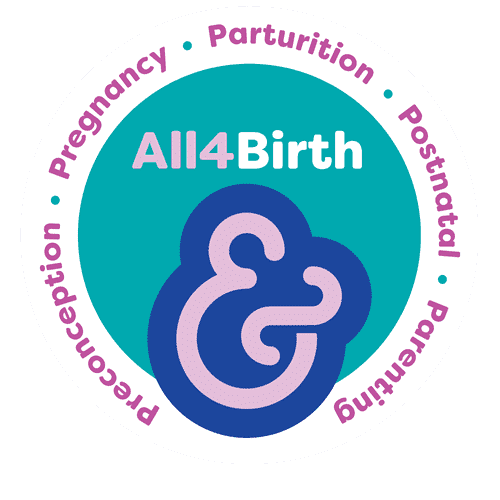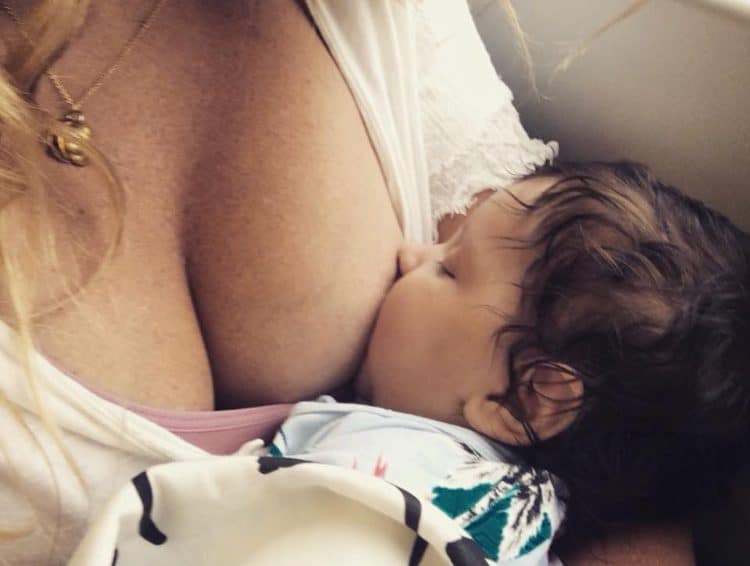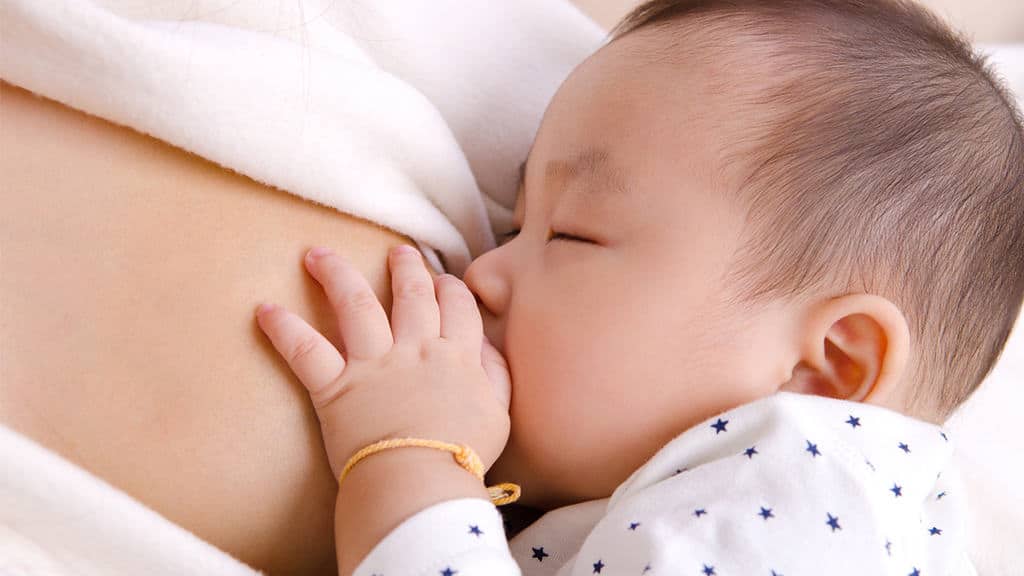Abbie Tomson
Midwife MSc, BSc, Yoga Teacher, Project Lead at All4Birth
@enevlorel @All4Birth
Summary
Winter can be a challenging season for parents of babies and young children, as cold weather brings with it a higher risk of illnesses. From common colds to more serious conditions like Respiratory Syncytial Virus (RSV) and pneumonia, it’s essential to know how to prevent these illnesses, recognise their symptoms, and provide the best care for your little one. Here’s a guide to help you navigate the winter months with confidence.
Common Winter Illnesses in Babies
- Common Cold
– Symptoms: Runny nose, sneezing, mild fever, cough, and irritability.
– Prevention: Frequent handwashing, avoiding close contact with sick individuals, and keeping your baby away from crowded places during peak cold seasons.
– Care: Ensure your baby stays hydrated, use a humidifier to ease congestion, and offer plenty of cuddles. Saline nose drops can help clear nasal congestion.
- RSV (Respiratory Syncytial Virus)
– Symptoms: Coughing, wheezing, difficulty breathing, and a bluish tint to the lips or fingernails in severe cases. RSV is the leading cause of bronchiolitis and pneumonia in infants.
– Prevention: Good hand hygiene is crucial. Avoid exposing your baby to individuals with cold-like symptoms. In the UK, vulnerable infants (such as those born prematurely) may be eligible for a monthly injection called Palivizumab during RSV season to help prevent infection.
– Care: If your baby has mild symptoms, manage them at home with hydration and keeping their airways clear. Seek immediate medical attention if you notice severe symptoms like difficulty breathing or dehydration.
- Influenza (Flu)
– Symptoms: High fever, body aches, fatigue, cough, and sometimes vomiting or diarrhea.
– Prevention: The flu vaccine is recommended for all children aged 6 months and older. For babies younger than 6 months, ensure that all caregivers and family members are vaccinated to provide a protective “cocoon.”
– Care: Keep your baby comfortable with rest, fluids, and fever management. Consult your healthcare provider for advice on appropriate medications and watch for any signs of complications.
- Whooping Cough (Pertussis)
– Symptoms: Severe coughing fits, a “whooping” sound when breathing in, vomiting after coughing, and difficulty breathing.
– Prevention: The whooping cough vaccine is part of the NHS immunisation schedule and is given during pregnancy to protect newborns until they can receive their own vaccines.
– Care: Seek medical attention immediately if you suspect whooping cough. Babies may require hospitalization, especially if they have difficulty breathing. At home, keeping the air humid and offering small, frequent feedings can help.
- Pneumonia
– Symptoms: Fast breathing, fever, coughing, chest pain, and lethargy. Pneumonia can develop after a cold or flu.
– Prevention: Ensure your child is up-to-date with vaccinations, particularly the pneumococcal vaccine. Practice good hygiene and avoid exposing your baby to sick individuals.
– Care: Pneumonia can be serious, so prompt medical attention is crucial. Your child may need antibiotics, rest, and fluids. Monitor for signs of worsening, such as difficulty breathing or persistent high fever.
- Croup
– Symptoms: A distinctive barking cough, hoarseness, and noisy breathing, particularly at night.
– Prevention: Like other respiratory illnesses, croup spreads through droplets, so good hand hygiene and avoiding sick contacts are key.
– Care: For mild cases, keep your child calm (as crying can make symptoms worse) and try sitting in a steamy bathroom or using a cool-mist humidifier to ease breathing. If your baby has difficulty breathing, seek medical help.
Prevention Tips for Winter Illnesses
– Vaccinations: Keep your baby’s vaccinations up-to-date. The flu vaccine and whooping cough vaccine are particularly important during winter.
– Hand Hygiene: Wash your hands regularly with soap and water, especially before handling your baby. Teach older siblings the importance of hand hygiene too.
– Limit Exposure: Avoid crowded places during peak flu season and keep your baby away from anyone who is sick. Ask relatives and friends not to kiss your baby, and wash their hands before spending time with you.
– Breastfeeding: If possible, breastfeed your baby as it provides important antibodies that can help protect against infections.
– Keep Warm: Dress your baby in layers to keep them warm but not overheated, and always cover their head and hands when outside.
Recognising When to Seek Medical Help
Winter illnesses can sometimes escalate, so it’s important to know when to seek medical attention:
– High Fever: If your baby has a fever above 38°C (100.4°F) for more than a day, or if they are under 3 months old with any fever, contact your healthcare provider.
– Difficulty Breathing: If your baby is struggling to breathe, is wheezing, or has a bluish tint to the skin, seek immediate medical attention.
– Dehydration: Signs of dehydration include a dry mouth, fewer wet nappies, and sunken eyes or fontanelle (soft spot on the head).
– Lethargy: If your baby is unusually sleepy, difficult to wake, or not responding normally, this could indicate a serious illness.
Links to other resources
 Books
Books
Your Baby Week by Week by Simone Cave and Dr. Caroline Fertleman
The Baby and Toddler Health Guide by Dr. Jeremy Friedman
The Wonder Weeks by Frans Plooij and Hetty van de Rijt
 Film Audio and Apps
Film Audio and Apps
Baby Buddy app, created by the Best Beginnings Charity
 Websites
Websites
NHS Winter Health for Children
References
American Academy of Pediatrics. (2023). RSV (Respiratory Syncytial Virus). American Academy of Pediatrics. https://pediatrics.aappublications.org/content/rsv
Centers for Disease Control and Prevention. (2023). Seasonal influenza (flu). Centers for Disease Control and Prevention. https://www.cdc.gov/flu/index.htm
Centers for Disease Control and Prevention. (2023). Whooping cough (pertussis). Centers for Disease Control and Prevention. https://www.cdc.gov/pertussis/index.html
Kuehni, C. E., Lyttle, M. D., & Silverman, M. (2023). Epidemiology of respiratory infections in early childhood: From common colds to severe bronchiolitis and pneumonia. Lancet Respiratory Medicine, 11(7), 517-528. https://doi.org/10.1016/S2213-2600(23)00145-X
Moss, D. M., & Levin, M. E. (2024). Immunization in infancy and early childhood: Protecting the most vulnerable from preventable infections. Journal of Pediatrics, 245, 13-19. https://doi.org/10.1016/j.jpeds.2024.02.004
National Health Service (NHS). (2023). Croup: Symptoms and treatment. NHS. https://www.nhs.uk/conditions/croup/
National Health Service (NHS). (2024). Pneumonia in children. NHS. https://www.nhs.uk/conditions/pneumonia/children/
Reed, C., & Baumbach, J. (2023). Prevention and management of pediatric pneumonia. Pediatric Infectious Disease Journal, 42(9), 717-723. https://doi.org/10.1097/INF.0000000000003549
Srinivasan, M., Gupta, R., & Devries, M. (2024). Vaccination strategies during the winter months: The role of the flu vaccine and its effectiveness in young children. Vaccine, 42(1), 15-24. https://doi.org/10.1016/j.vaccine.2024.03.001
Wang, Z., & Zhang, L. (2024). A review of breastfeeding and immunity in newborns: Evidence for maternal protection against respiratory illnesses. International Journal of Pediatric Nutrition, 15(2), 110-115. https://doi.org/10.1016/j.ijnut.2024.02.005
World Health Organization. (2023). Breastfeeding and infant health. World Health Organization. https://www.who.int/nutrition/topics/exclusive_breastfeeding/en/










